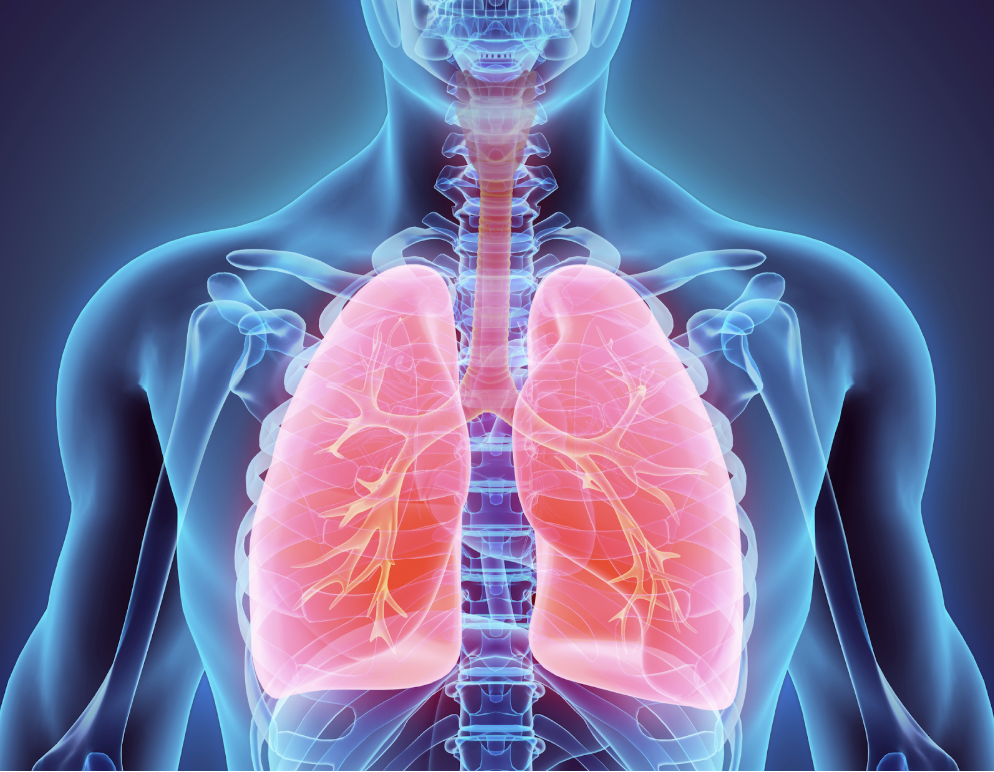
So, is there an “ideal” way to breathe while running? The short answer is Yes! But we must first break down the entire process of rate rhythm and amplitude of the respiratory cycle. Did you know that the faster you breathe the faster your heart beats and vice versa? Yes, by controlling our breathing we can also control our efforts and perceived exertion. When you’re on a recovery run, the goal is to get through the run feeling as relaxed as possible. So, one might venture to guess that by controlling our breathing rate and rhythm, would be a good thing.
Our breath is one of the only things in the body that we can control both consciously and unconsciously. When you’re sleeping, you don’t have to worry about your breathing rate because it is being done for you. Your auto- (meaning by itself) matic – (meaning acting) so by acting by itself we can still bring in oxygen involuntarily. However, if we wanted, we could take in a breath fully and deeply simply by thinking about it. When we take in breath we can slow our heart rate, this control is vital to our ability to perform. Let’s use an example that may put this picture together.
When a marksman goes to shoot at a long-range target, the heartbeat of the shooter can create movement in the optic. So right before the trigger is pulled, the marksman takes a breath, then upon the exhale waits for the heart rate to slow down. Between beats the shooter will shoot with the least amount of movement.
The goal of training is to be able to operate under the least stress on the body as possible during a race. We train the heart to be efficient. This means not over-working. The training adaptations to running are increased heart compliance or ability to expand. The more the heart can stretch out, the more it can fill and therefore pump out. The heart can only beat a certain number of times per minute called the maximum heart rate. Usually found by taking 220 minus your age. The average heart rate of a resting athlete is roughly 60beats per minute. Maximally in young athletes a heart rate over 205 is not uncommon. 205/60= 3.41 SO the heart can increase in efficiency 3.41 times.
At rest the lungs bring in about 250mL of oxygen. During intense exercise, this number can reach as high as 6000mL of oxygen. 6000/250= 24-fold increase efficiency.

The heart is the performance limiting organ in the body. The lungs bring in plenty of air and oxygen exchange is instantaneous. It’s about how efficiently the blood is delivered to the working tissues. And as we can see; by keeping the heart rate low, the more RESERVE is in the tank. Like you’d want to drive a car that gets 30 miles per gallon than one that gets 25 miles per gallon. Same with the heart.
With our breath during running, we can keep our heart rate low. Our body’s RPM, like on a car. By controlling our breath rate, we can keep the heart rate to a minimum for the effort.
- 3:3 (inhale for 3 steps, exhale for 3 steps) for easy running
- 2:2 for moderate running
- 2:1 or 1:1 for hard efforts or hills
There is a cadence to breathing. Studies show that when we perform box breathing exercises before bed, the body keeps this cadence throughout the night. If we set our breathing rate low and controlled before a run, that would in theory lead to a relaxed run. The goal of an easy run is not to run fast. The adaptation to the stimulus is an increased compliance of the heart to improve its stroke volume or volume pumped out of the heart per beat.
The next time you’re on an easy run, think about these things and keep your breath rate lower to keep your heart rate down.
If you have any questions please don’t hesitate to reach out.
Ohio Sports Chiropractic and Rehab
📍 10360 Northfield Rd, Northfield, OH 44067
📞 (330) 908-0203
🌐 ohiosportschiropractic.com
